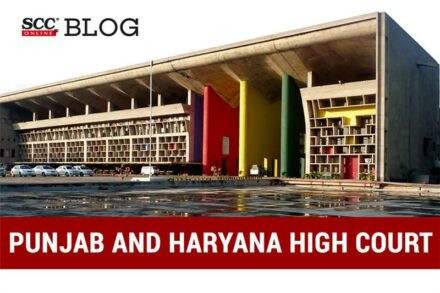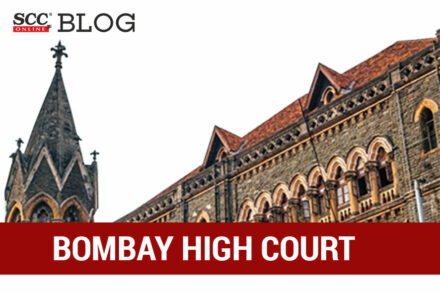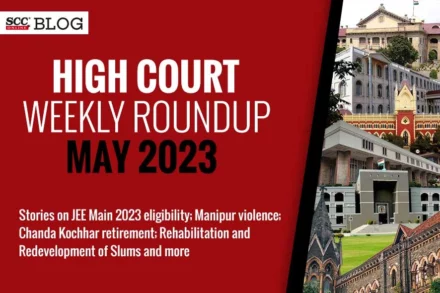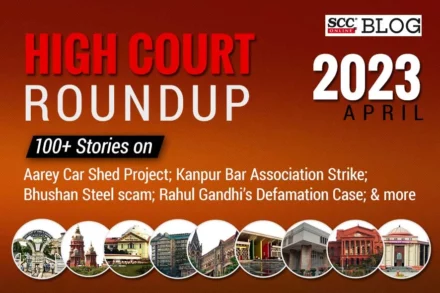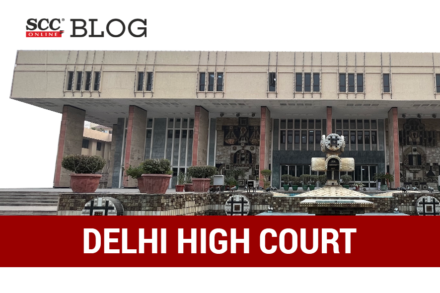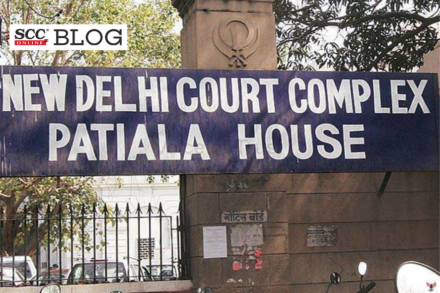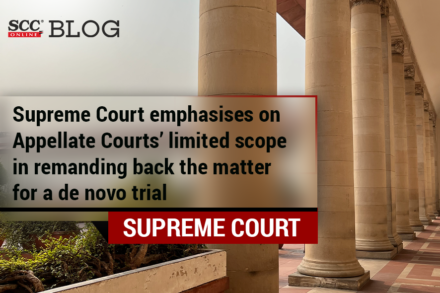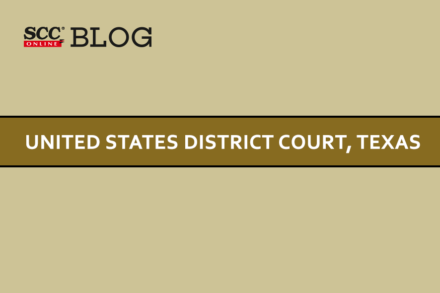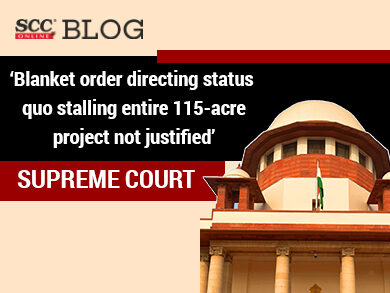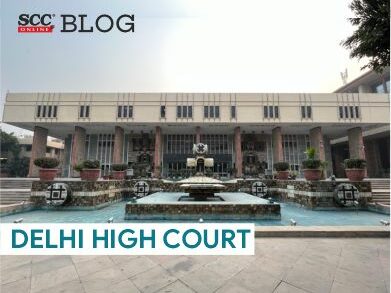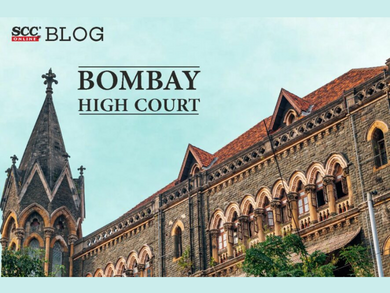
Delhi High Court denies injunction under S. 9 of A&C Act as it will delay the strengthening and overlaying of NH-48 initiated by NHAI
Sections 20-A and 41(ha) of the Specific Relief Act, 1963 expresses the legislative intent to not grant injunctions relating to infrastructure projects where delay may be caused by such an injunction. Thus, the role of Courts in this exercise is to interfere to the minimum extent so that public work projects are not impeded or stalled.


